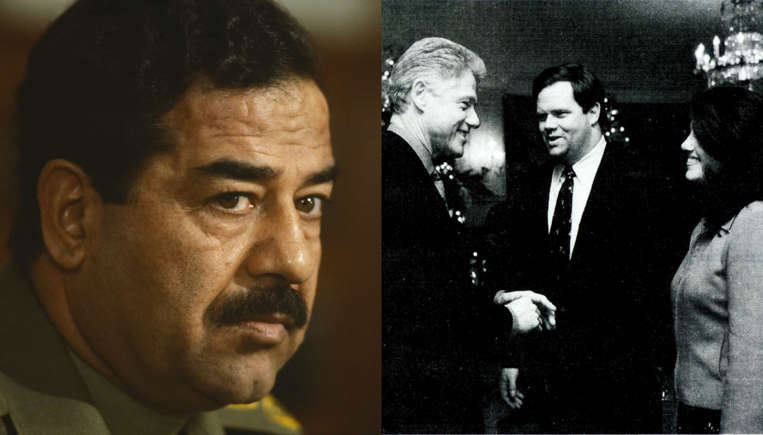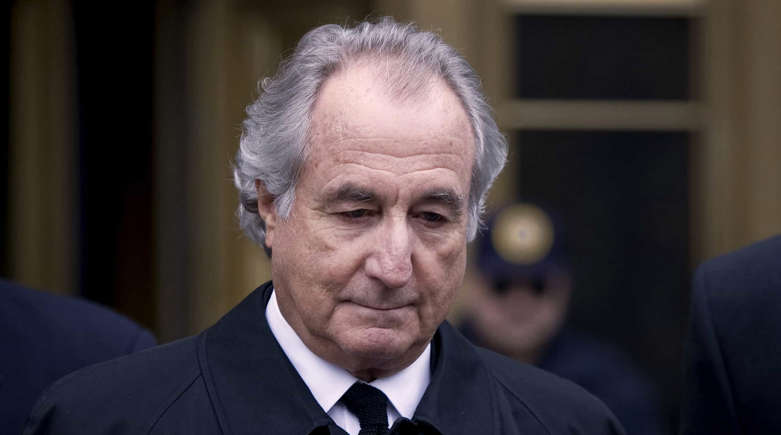
The Watergate scandal had a significant impact on the public’s trust in government leaders and their confidence in the mass media. The scandal led to a widespread distrust of government that changed the political calculus for many issues. The intense skepticism surrounding events like the Affordable Care Act, Benghazi, and the Internal Revenue Service scandal revealed how easy it is for opponents of government to stoke these kinds of fears. The trust that America had in its government after World War II dissipated, and a certain naiveté about politics was lost among Americans. A newfound appreciation of investigative journalism emerged, and government realized that the press might not be so easily contained. The “-gate” suffix became shorthand for any scandal involving deception at high levels of power, with examples like Reagan’s Iran-gate, Clinton’s Monica-gate, and Christie’s bridge-gate. The effects of Watergate include a decline in public trust in government and reforms to institutions. The scandal changed both political and media dynamics, contributing to a more skeptical and adversarial relationship between the government and the press. Watergate also led to a hyper-partisanship that has made it difficult for recent Congresses to reach consensus or compromise on many issues.
The Gulf of Tonkin Incident and the Escalation of the Vietnam War
The Gulf of Tonkin incident involved false narratives that influenced the escalation of the Vietnam War.The United States government falsely claimed that a second incident occurred on August 4, 1964, between North Vietnamese and United States ships in the waters of the Gulf of Tonkin. Originally, US military claims blamed North Vietnam for the confrontation and the ostensible, but in fact imaginary, incident on August 4. Declassified documents and historical analysis have shown that the alleged attack on August 4 was based on faulty evidence and misinterpretation of signals. The truth finally came out in the early 2000s, when nearly 200 documents were declassified and released by the National Security Agency (NSA), revealing that there was no attack on August 4.
U.S. officials had distorted the truth about the Gulf of Tonkin incident for their own gains — and perhaps for Johnson’s own political prospects. This lie jumpstarted a war that would claim 58,220 American and more than 3 million Vietnamese lives. The Gulf of Tonkin incident is considered a false flag operation because the military was used by the CIA to heighten the involvement of the US in the Vietnam War.
Weapons of Mass Destruction and the Iraq War
The false narratives about weapons of mass destruction (WMD) in Iraq had a significant impact on the decision to go to war. The Bush administration, along with top officials, issued hundreds of false statements about the national security threat from Iraq, effectively galvanizing public opinion and leading the nation to war under false pretenses. These false statements, accompanied by thousands of news stories and broadcasts, created an almost impenetrable din for several critical months in the run-up to war. The WMD issue also presented an appealing target of opportunity for fake news disseminators, as official secrecy often prevented governments from providing the true facts. Declassified documents and subsequent investigations revealed that Iraq did not possess any weapons of mass destruction or have meaningful ties to al-Qaeda. The “ground truth” of the Iraq war itself eventually forced the president to backpedal, albeit grudgingly. However, the administration repeatedly attributed the stark disparity between its prewar public statements and the actual “ground truth” to poor intelligence from a variety of domestic agencies. A growing number of critics, including former government officials, have publicly accused the president and his inner circle of ignoring or distorting the available intelligence, arguing that it was the calculated drumbeat of false information and public pronouncements that ultimately misled the American people and the nation’s allies on their way to war.
The Assassination of Archduke Franz Ferdinand and the Outbreak of World War I
The false narratives surrounding the assassination of Archduke Franz Ferdinand and their contribution to the outbreak of World War I involve various factors. While there have been misconceptions that the assassination was the sole cause of the war, it was actually a culmination of a series of events and tensions that had been building up in Europe. The assassination of Archduke Franz Ferdinand by Gavrilo Princip, a member of a Serbian nationalist terrorist group, served as a catalyst that ignited the existing tensions between European powers. The actions and decisions of Austria-Hungary, Germany, Russia, France, and Britain further escalated the crisis. False narratives often overlook the complex web of factors, including imperialist expansion, entangled alliances, militarism, and the rise of nationalism. The Balkan Peninsula, with its tumultuous history and power struggles, played a significant role in the events leading up to the war. The assassination of Archduke Franz Ferdinand stoked old tensions beyond the Balkans, and the crisis spread as other powers pledged support for either Austria or Serbia. This led to a series of political, diplomatic, and military decisions that turned a localized conflict in southeastern Europe into a global war.23
The Long-Term Consequences of Infamous Lies
The infamous lies surrounding the Watergate scandal, the Gulf of Tonkin incident, and the weapons of mass destruction in Iraq had profound and lasting consequences on the course of history and societal trust in institutions. These events led to a significant erosion of public trust in government institutions, transparency, and accountability. They also resulted in a redefining of government’s relationship with media, and a newfound appreciation for investigative journalism. The lies contributed to a widespread distrust of government and its leaders, and led to reforms in campaign finance, legal profession, and government transparency. Furthermore, the impact of these lies extended to the Supreme Court’s role, the creation of new laws, and the establishment of ethical oversight bodies. The consequences of these lies continue to reverberate, shaping American politics and the public perception of government institutions. The hyper-partisanship and widespread skepticism that many Americans hold regarding elected officials and the political process can be traced back to the Watergate era. In the case of the Gulf of Tonkin incident and the Iraq War, the false narratives led to the escalation of conflicts and the loss of countless lives.12The distortion of information and the manipulation of public opinion had devastating real-world impacts, undermining the foundations of democracy and the trust in government. These infamous lies have left a lasting mark on history, serving as cautionary tales about the dangers of deception and the importance of transparency and accountability in government. The erosion of public trust and the lasting impact on political dynamics continue to shape the landscape of American politics and society to this day.










